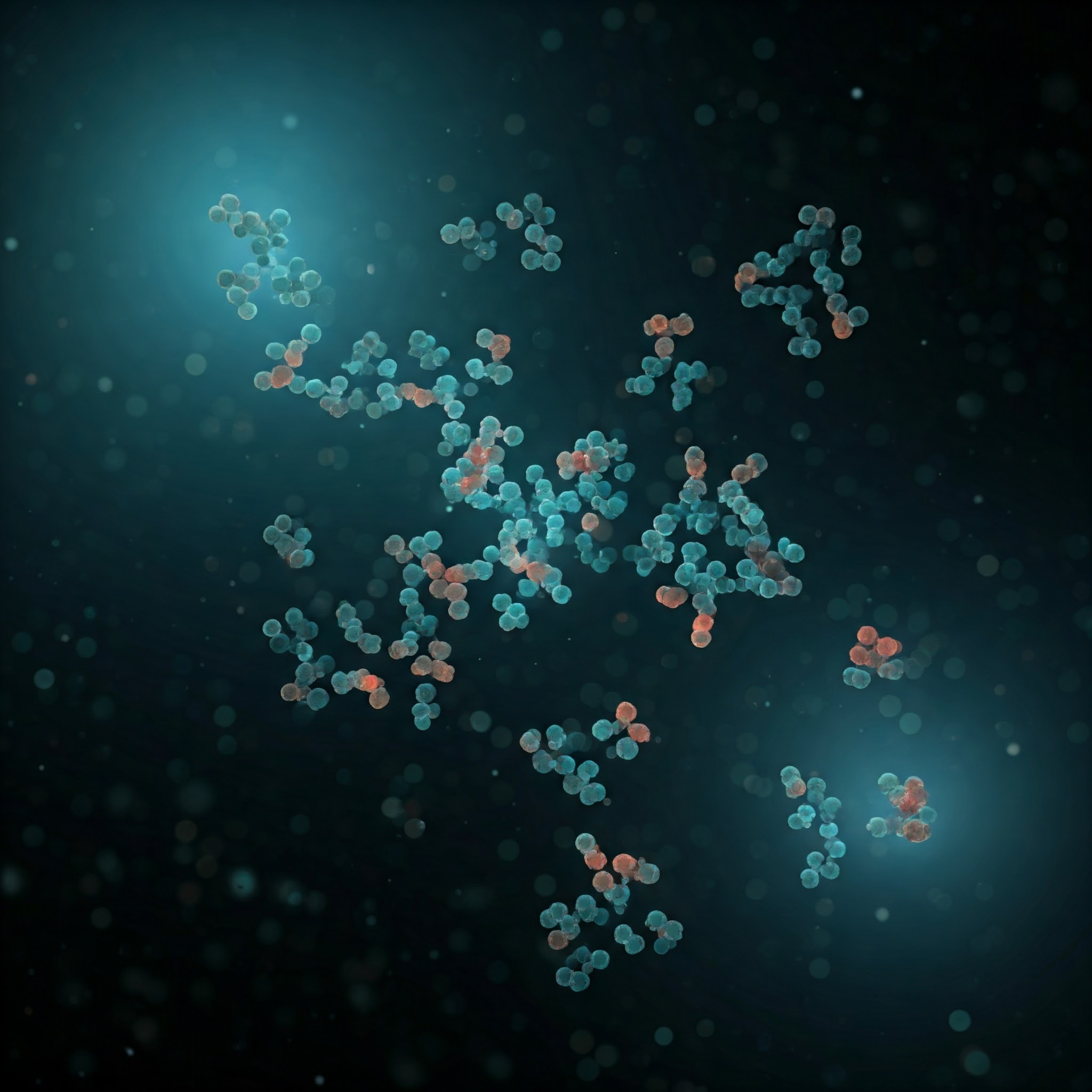The results of the most recent study have been posted online in the esteemed publication The Lancet Neurology. An investigation into the antibody NG 101 (anti-Nogo-A), which neutralizes and blocks the body’s own Nogo-A protein, was conducted in a multi-center clinical trial (NISCI trial: Nogo-A Inhibition in Acute Spinal Cord Injury Study). This Nogo-A protein prevents injured nerve fibers in the spinal cord from growing back after an acute injury, according to numerous worldwide research conducted in animal models. The goal of the antibody is to slow down these bodily inhibitory processes so that the spinal cord and damaged nerve tracts can heal.
The clinical trial involved 126 participants ranging in age from 18 to 70. All of them had acute total to partial spinal cord injuries in the neck area (also known as tetraplegia, which also impairs hand and arm functions). The antibody was administered directly into the spinal canal to 78 patients, while a placebo was given to the remaining 48. Six injections were administered during a full course of treatment, which was conducted concurrently with extensive inpatient care. Because the trial was double-blind, randomized, and placebo-controlled, neither the patients receiving therapy nor the people giving it knew who was given the antibody and who was given a placebo. The patients were divided into groups at random.
A standardized approach was used to examine the patients’ hand-arm muscle rehabilitation of motor capabilities. For tetraplegic individuals, these muscle groups are very crucial for daily functioning. The impact on the treated and untreated (placebo) patients was compared after six months.
Patients with full spinal cord injuries did not recover their motor capabilities any better as a result of the treatment. Treatment greatly improved everyday functional independence and voluntary activation of paralyzed muscles in patients with incomplete spinal cord damage. To date, no associated side effects have been observed, and the antibody was generally well tolerated. Thus, the many years of antibody research in rehabilitation carried out under the direction of Balgrist University Hospital are demonstrating promising success.
Further research is now required to confirm these first good clinical findings in patients with acute tetraplegia. In December 2024, a follow-up research using an enhanced antibody will begin. Based on the outcomes thus far, patient subgroups that are expected to respond to the treatment will be chosen.
Also Read: Staphylococcus Aureus inhibits vaccines by activating a protein that suppresses the immune system
Working with the Wyss Zurich Translational Center’s Regenerative Medicine Technology Platform, the CeNeReg project enabled the creation of the test antibodies. The EU’s Horizon 2020 Research and Innovation Programme, the Swiss State Secretariat for Education, Research and Innovation (SBFI), the Swiss Paraplegic Foundation, the Wings for Life research foundation, the Wyss Zurich (University of Zurich and ETH Zurich) “CeNeReg” project, and the “International Research in Paraplegia” foundation provided funding for the NISCI study.
Source: University of Zurich – News
Journal Reference: Norbert Weidner, Rainer Abel, Doris Maier, Klaus Röhl, Frank Röhrich, Michael Baumberger, Margret Hund-Georgiadis, Marion Saur, Jesús Benito, Kerstin Rehahn, Mirko Aach, Andreas Badke, Jiri Kriz, Katalin Barkovits, Tim Killeen, Lynn Farner, Maryam Seif, Michèle Hubli, Katrin Marcus, Michael A Maurer, Bérénice Robert, Rüdiger Rupp, Paulina S Scheuren, Martin Schubert, Christian Schuld, Christina Sina, Bettina Steiner, Tanja Weis, Andreas Hug, Marc Bolliger, Nikolaus Weiskopf, Patrick Freund, Torsten Hothorn, Martin E Schwab, Armin Curt. Safety and efficacy of intrathecal antibodies to Nogo-A in patients with acute cervical spinal cord injury: a randomised, double-blind, multicentre, placebo-controlled, phase 2b trial. The Lancet Neurology, 2025; 24 (1): 42 DOI: 10.1016/S1474-4422(24)00447-2
Last Modified:






